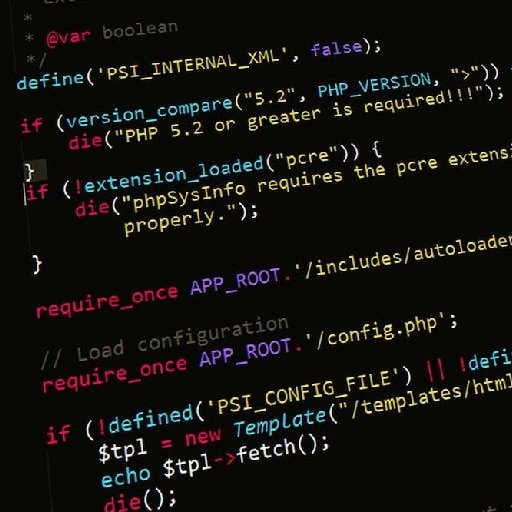
1. Object-oriented programming (OOP): Use classes and objects to organize and structure your code. This allows for better code reusability, maintainability, and scalability.
2. Design patterns: Familiarize yourself with common design patterns such as MVC (Model-View-Controller), Singleton, Factory, and Observer. These patterns provide proven solutions to common software design problems.
3. Namespacing: Use namespaces to avoid naming conflicts and improve code organization. Namespaces allow you to group related classes and functions together.
4. Autoloading: Implement an autoloader to automatically load classes when they are needed. This eliminates the need to manually include or require files.
5. Dependency injection: Use dependency injection to decouple components and improve testability. Instead of creating dependencies within a class, pass them as parameters or inject them through setters or constructors.
6. Caching: Implement caching mechanisms to improve performance. Use techniques such as opcode caching, database query caching, and object caching to reduce the load on your server.
7. Error handling and logging: Implement robust error handling and logging mechanisms to catch and handle errors gracefully. Use try-catch blocks to handle exceptions and log error messages to a centralized logging system.
8. Database optimization: Optimize your database queries by using indexes, optimizing table structures, and using appropriate query optimization techniques. This can greatly improve the performance of your application.
9. Security: Implement security measures such as input validation, output encoding, and protection against SQL injection and cross-site scripting (XSS) attacks. Use secure coding practices to prevent common security vulnerabilities.
10. Performance optimization: Use techniques such as code profiling, caching, and optimizing database queries to improve the performance of your application. Identify and eliminate bottlenecks to ensure your application runs efficiently.
11. Unit testing: Write unit tests to ensure the correctness of your code. Use testing frameworks such as PHPUnit to automate the testing process and catch bugs early.
12. Continuous integration and deployment: Implement a continuous integration and deployment pipeline to automate the build, testing, and deployment process. This ensures that your code is always in a deployable state and reduces the risk of introducing bugs into production.
13. API development: Learn how to develop and consume APIs using PHP. This includes understanding RESTful principles, handling authentication and authorization, and implementing API versioning.
14. Performance monitoring and profiling: Use tools such as New Relic or Xdebug to monitor and profile your application’s performance. This helps identify performance bottlenecks and optimize your code accordingly.
15. Code documentation: Document your code using tools like PHPDoc to generate API documentation. This helps other developers understand how to use your code and promotes code reuse.
Remember, these techniques are advanced and require a solid understanding of PHP fundamentals. It’s important to continuously learn and stay updated with the latest best practices and techniques in PHP development.